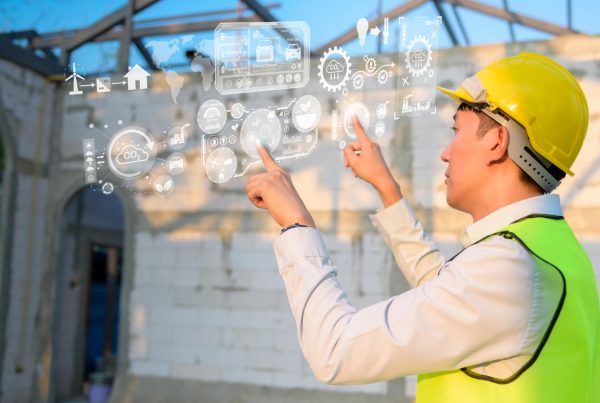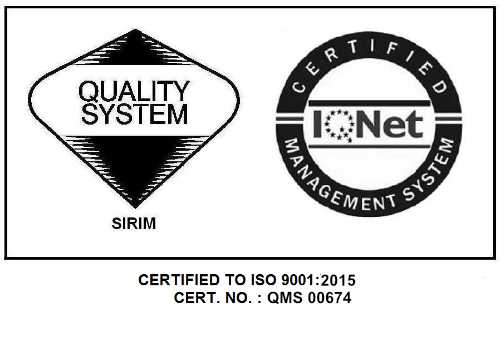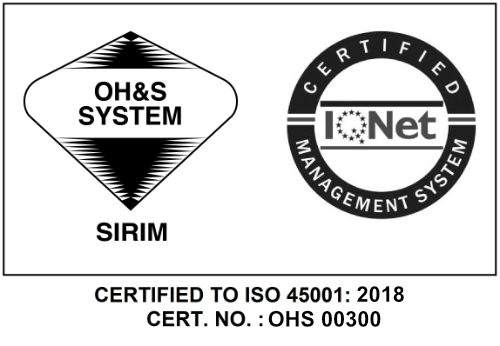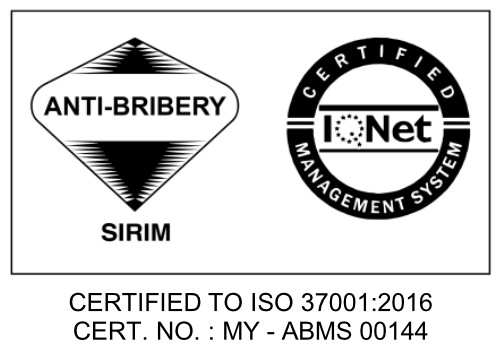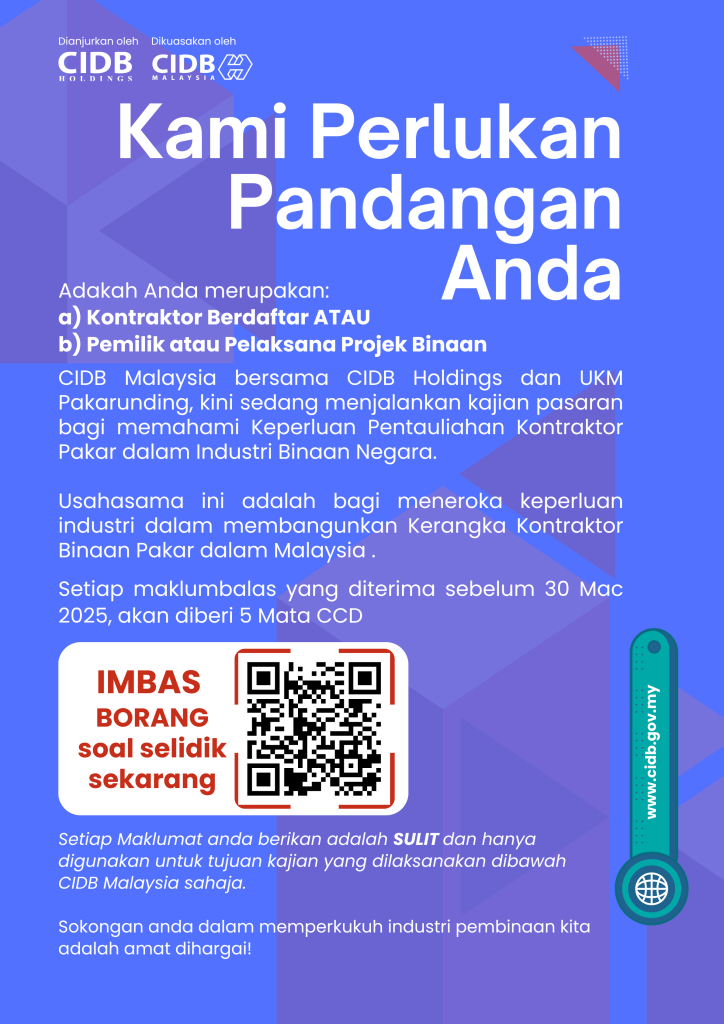
The construction industry is undergoing a profound shift as smart cities emerge as a dominant force, integrating technology into the fabric of urban landscapes. Smart cities, fully immersed in the Internet of Things (IoT), are reshaping how buildings and infrastructure are designed, constructed, and operated.
In 2020, global spending on smart cities reached an impressive US$124 billion, marking a nearly 20% increase from the previous year. According to projections by IDC, this trend is set to accelerate, with investments in smart cities expected to soar to US$203 billion by 2024. Even more striking are estimates suggesting the global smart cities market size is expected to reach US$3,728.3 billion by 2030.
At the heart of this seismic shift is the interconnectedness facilitated by IoT. Buildings, infrastructure, and utilities seamlessly communicate and share data, creating a dynamic ecosystem that enhances efficiency, sustainability, and quality of life. As smart cities continue to mature, the construction industry is poised for a transformative journey.
For construction companies, embracing this wave of innovation is becoming a necessity. The traditional modes of operation are being redefined, and industry participants must leverage technological advancements, particularly IoT, in their building materials. Smart construction materials embedded with sensors and connectivity features are becoming instrumental in creating structures that stand tall and contribute to the smart city’s overarching goals.
The implications are vast. Construction processes become more streamlined, with real-time data guiding decision-making and optimising resource utilisation. Smart buildings, equipped with energy-efficient systems and responsive infrastructure, align with the sustainability aspirations of smart cities. Moreover, construction professionals must adapt to a new skill set, integrating digital literacy into their expertise.
As smart cities evolve, construction companies must innovate, adapt, and embrace the opportunities presented by this paradigm shift, ensuring they contribute to creating sustainable, efficient, and connected urban environments.







